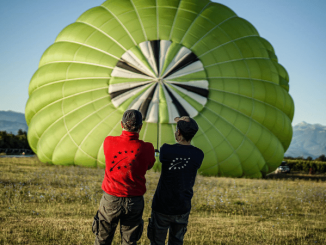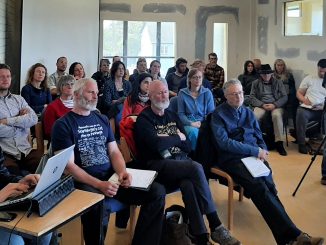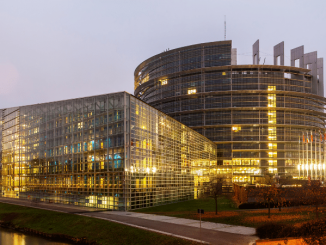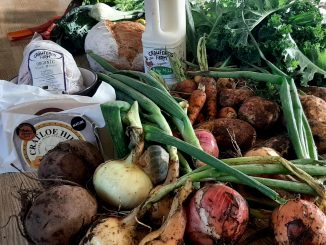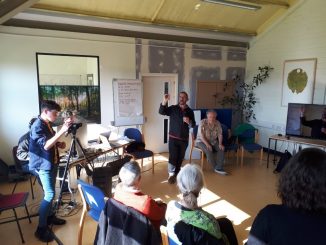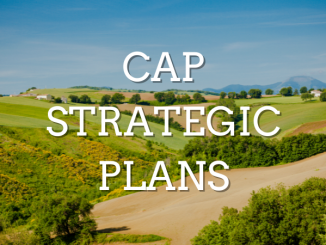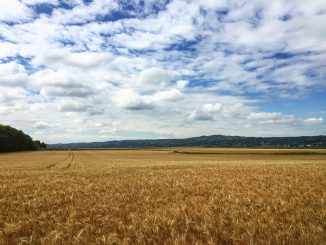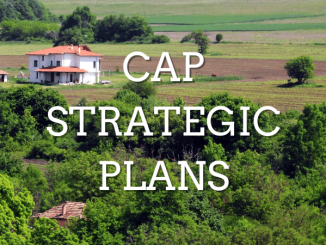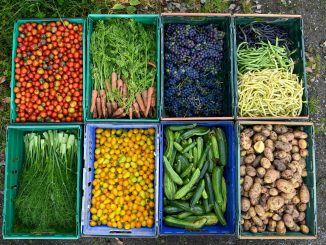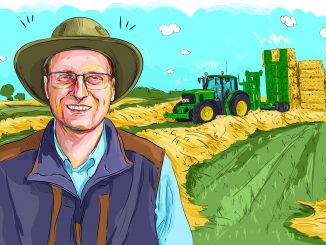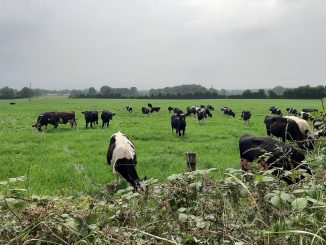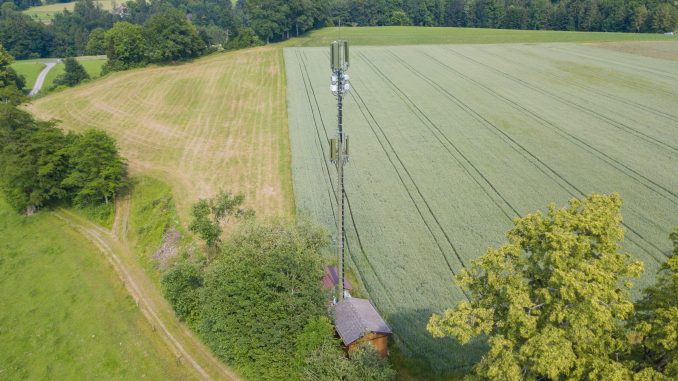
Diversifying Europe’s Rural Economy | SHERPA
As rural Europe deals with its challenges and embraces its opportunities, what role for production change and diversification? And what are the key factors involved? SHERPA -Sustainable Hub for Engaging into Rural Policies with Actors – a Horizon 2020 project, addresses this topic. Key areas highlighted that can lead the process of diversification include entrepeneurship, digitalisation, bioeconomy and the food chain. […]

